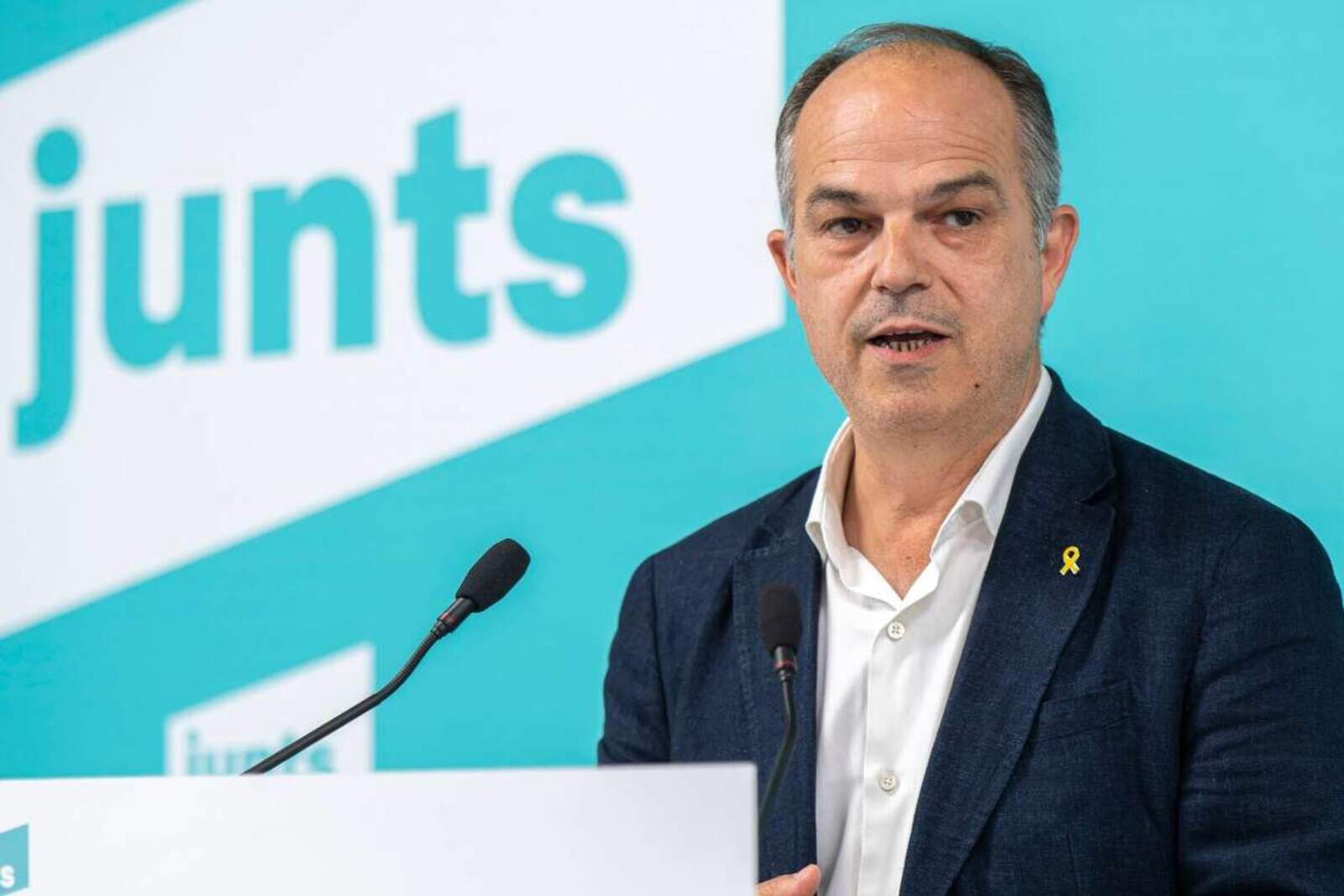It’s possible I spent at least 10 or more hours of Wednesday’s 24 hours simply feeding my two-week-old infant whom I have begun calling ‘the milk monster’. It was one of those cluster feeding days when a baby’s behaviour is totally biologically impelled, and they park themselves at the breast to stimulate the demand-and-supply nexus. The only way to survive days such as these is to get all the support you can.
Had I had a regular birth, I could have managed to feed in a baby carrier while cooking for myself. But this is my second C-section delivery, and while my body is healing surprisingly well, I am being hypervigilant about my wound. I don’t want my stitches to come undone.

On Wednesday afternoon, however, I didn’t need to utter a word to my partner who self-initiated our lunch arrangements. He had already soaked rice, taken out the three zucchinis from the vegetable tray which he proceeded to cube and fry. The centre piece would be the tender steaks I had bought the day before.
He cut the meat on my plate so I could multitask between feeding the baby and myself. The kitchen was spotlessly clean soon after. I had never felt so at ease.
When we had our first child, three years ago, my partner could only take the minuscule 10 days paid leave that Italy offers. We were not financially stable enough to afford more. Parental leave is oddly structured in Europe and differs from country to country, but it’s plain to see how the burden of childcare is disproportionately shouldered by women, a majority of whom end up either exiting the workforce or never quite returning full-time, not to mention the other consequence, declining birth rates.
In India, the care crisis manifests differently. There is a myth that we have societal support—most urban as well as rural mothers will tell you otherwise. Grandparents come with strings attached.
If you don’t do things their way, they get easily offended. Most don’t get the problem with screen time, or the concept of gentle parenting. I know so many Indian mothers in their thirties who constantly need to assert boundaries around their parenting styles, whose parents are always complaining about the way the ‘new generation’ is doing things.
In short, most Indian mothers end up feeling infantalised, always told there is something wrong with them. But I digress.This time around, in order that I could return to work soon enough, since I am a freelancer without access to robust compensation for maternal leave, my partner decided to cash in on three months of parental leave he is entitled to with 80 per cent pay for each of our two kids.
As an immigrant mother with no blood relations for continents, I cannot begin to tell you how exhilarating it is to have help so close at hand. If there was the possibility someone from my family would have come to help, but the visa policies for Indian passport holders are inherently discriminatory. It is next to impossible to get an appointment with the Italian embassy and even if you do, there is no guarantee the application will be successful.
So, my support system is confined to my partner and our three-year-old who intuitively comes to me to hand me a U-shaped pillow if he sees me struggling to feed his brother. My in-laws’ help is invaluable, especially as they help keep our toddler regulated through this moment of transition, as well as the daycare where our oldest spends at least five hours a day. But the biggest support is really having a partner who is emotionally intuitive and available, who is so attentive he can glimpse my need often before I can even articulate it to him.
He keeps our calendar and ensures I continue to make all doctor’s visits, besides attending to all the bureaucracy that still needs to be done to ensure our infant’s identity is legalised.I’m not writing this to brag about what an incredible partner I have. In fact, I want to suggest quite the opposite, that such paternal behaviour should be the norm and not the exception.
There are so many fathers out there who would, perhaps, gladly take on such a role, except employment policies remain so patriarchal, they continue to saddle men with the role of being the active breadwinner while mothers must remain primary caregivers. Feminist parenting is the only antidote I know of at present that resists these gendered classifications and that trusts that radical caregiving is an act of love that goes beyond the binary. I already see evidence of this in our three-year-old son, whom I have been informally training the way I was—to ‘see’ what others’ needs might be and to feel compelled to respond to them, thus building on what has been established as children’s inherent altruism—something that society usually shakes out of little boys, preferring them to act like entitled first-born sons instead.
Our family is using this time to bond, to strengthen our foundation as we integrate our newborn into our domestic set-up and routine. Where before, according to our three-year-old, we were a three-part sandwich where I was the bread, he the ham, my partner the cheese, the baby is now the Gurkin, a new addition. Every day, I think this is the most anti-capitalist thing we have done so far—to opt out of every rat race to take the time to nurture each other.
Deliberating on the life and times of every woman, Rosalyn D’Mello is a reputable art critic and the author of A Handbook For My Lover. She tweets @RosaParxSend your feedback to [email protected] views expressed in this column are the individual’s and don’t represent those of the paper.
.
Politics

The panacea that is feminist parenting

In a patriarchal world, raising children to embrace equality, reject harmful stereotypes and promote social justice is the only antidote I know of at present that resists gendered classifications















